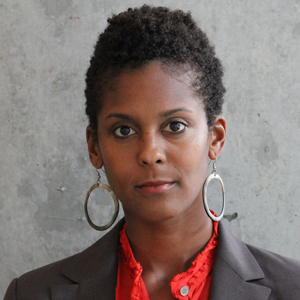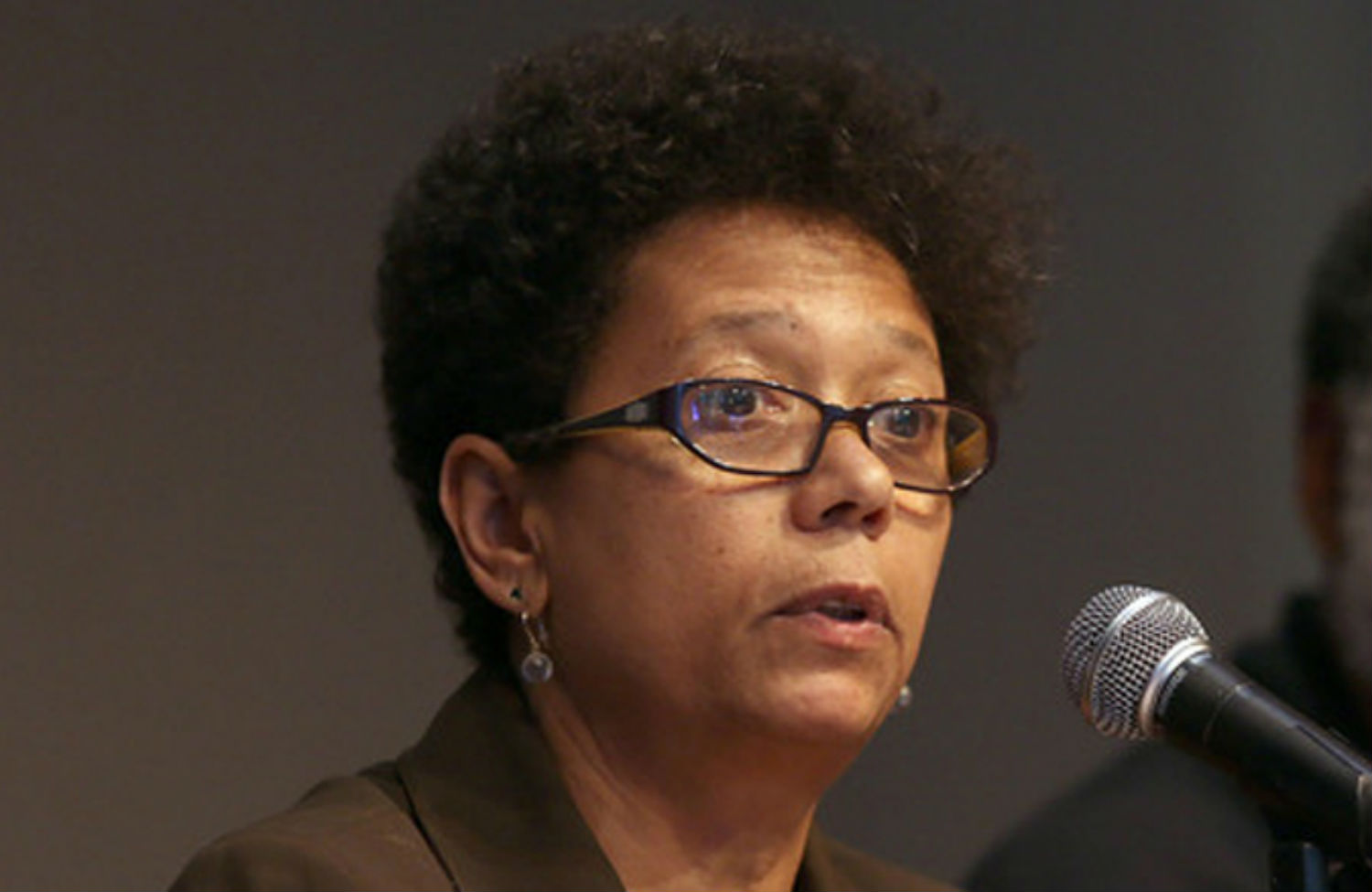
Dori Maynard and the Unfinished Business of Integrating the News Dori Maynard and the Unfinished Business of Integrating the News
Maynard was a champion of the idea that newsrooms needed to reflect the communities they covered and served.
Feb 26, 2015 / Dani McClain
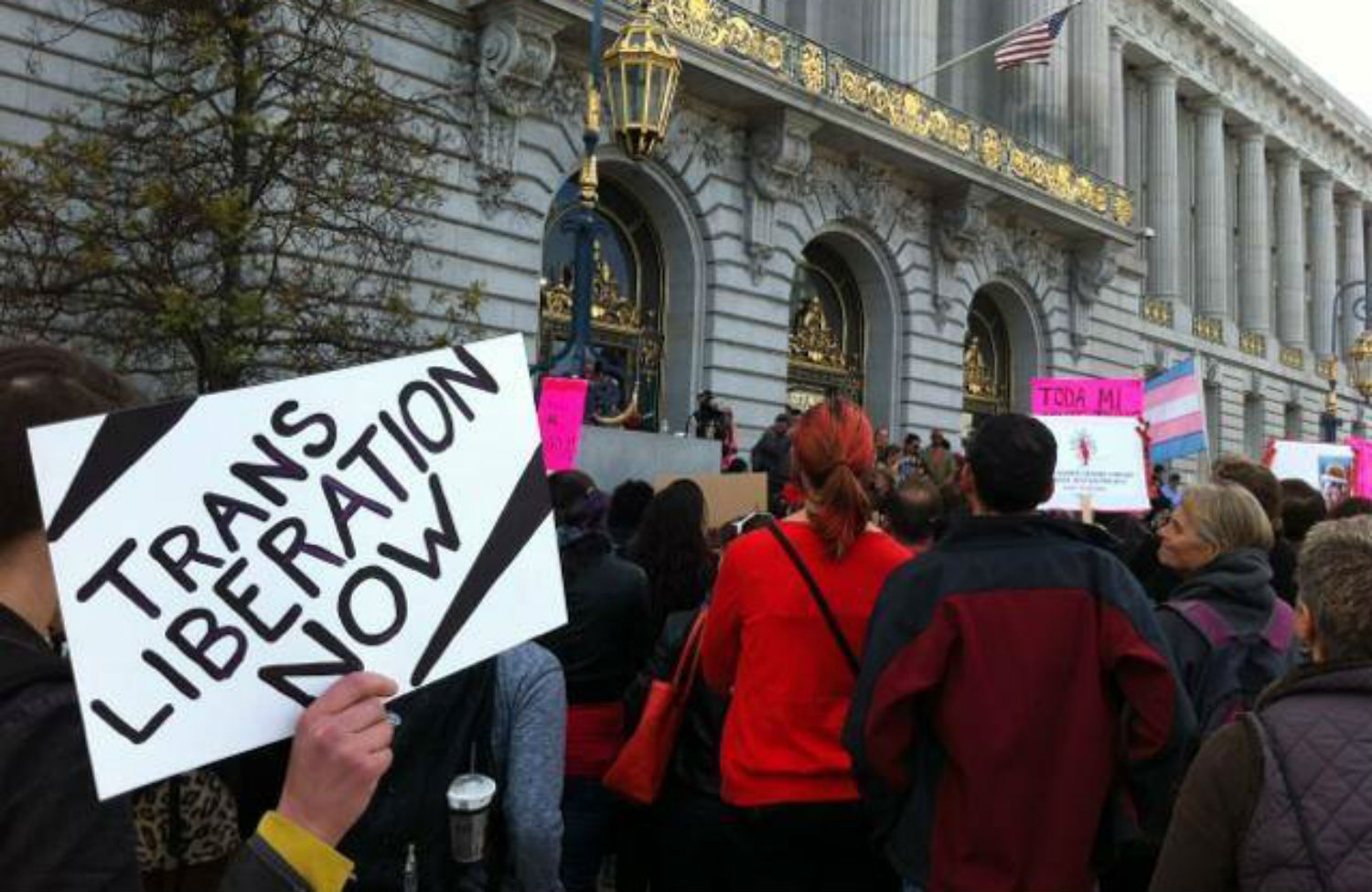
What Can Be Done to Stop the Brutal Targeting of Trans Women? What Can Be Done to Stop the Brutal Targeting of Trans Women?
At least six transgender women have been killed in the United States since January. A new partnership wants to help stem the tide of violence.
Feb 19, 2015 / Dani McClain
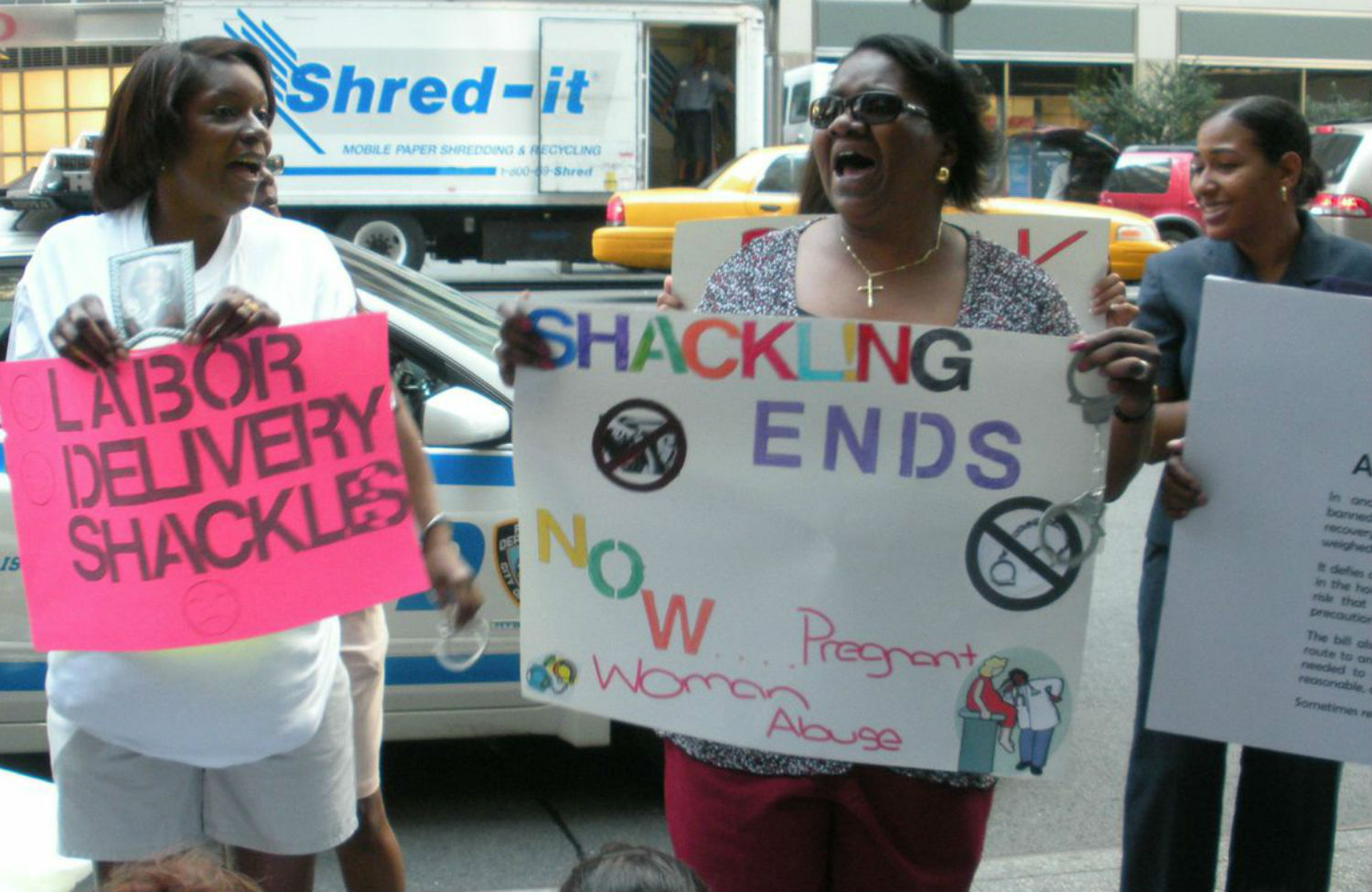
Women in New York State Prisons Don’t Have Enough Sanitary Pads, Not to Mention Other Daily Indignities Women in New York State Prisons Don’t Have Enough Sanitary Pads, Not to Mention Other Daily Indignities
A new report offers the most extensive study of reproductive healthcare in a state prison system to date.
Feb 13, 2015 / Dani McClain
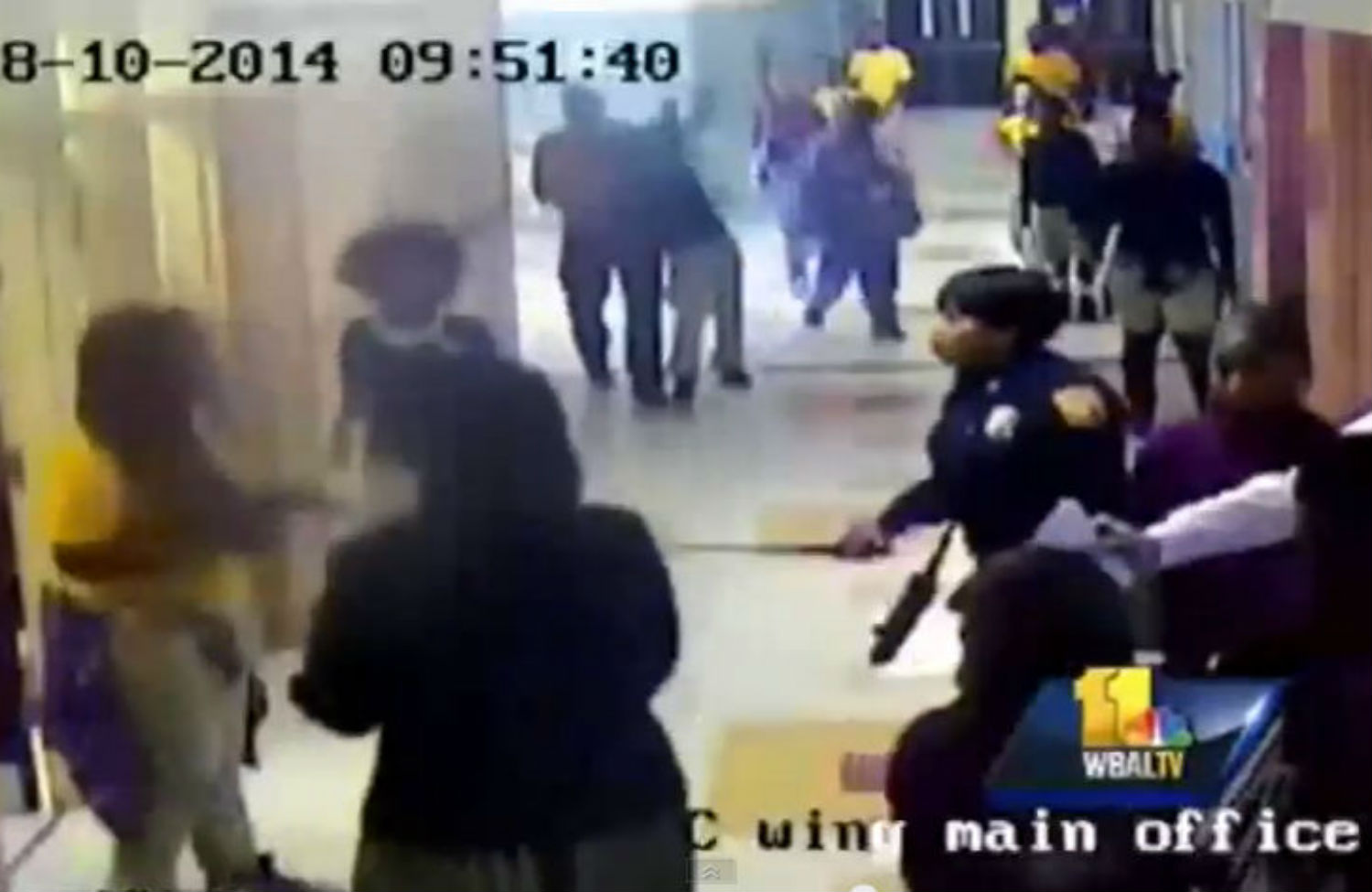
This Is How Black Girls End Up in the School-To-Prison Pipeline This Is How Black Girls End Up in the School-To-Prison Pipeline
Harsh discipline is said to put black boys at risk, but black girls are suspended six times more than white girls. A new report asks why.
Feb 5, 2015 / Dani McClain
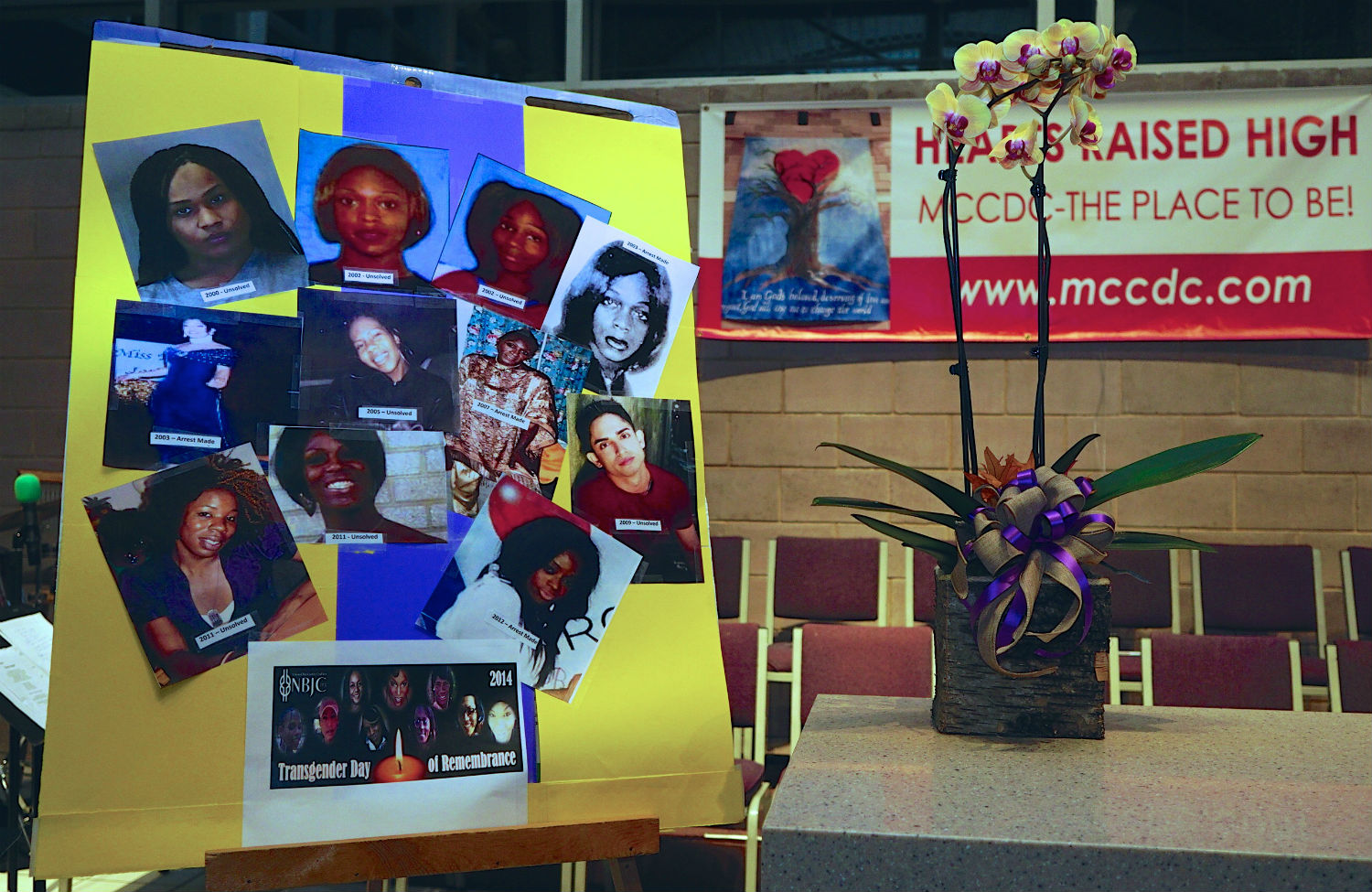
If You Read That ‘NYT’ Story About Two Teens in Oakland, Keep This in Mind If You Read That ‘NYT’ Story About Two Teens in Oakland, Keep This in Mind
What the story about a fire set to a gender-nonconforming teenager in Oakland leaves out about race, gender expression and violence.
Jan 30, 2015 / Dani McClain
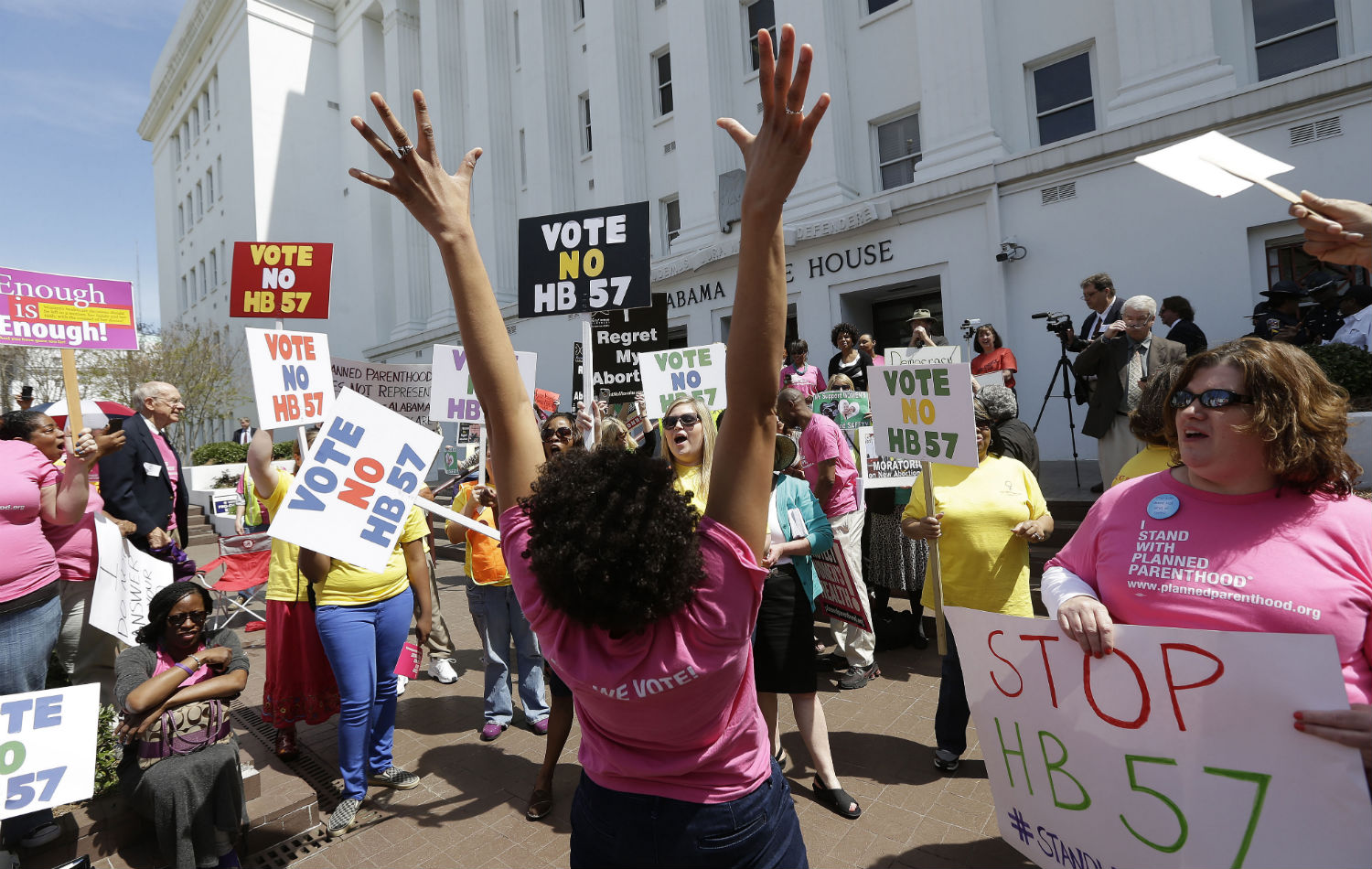
On the ‘Roe’ Anniversary, Let’s Remember: How We Talk About Abortion Rights Matters On the ‘Roe’ Anniversary, Let’s Remember: How We Talk About Abortion Rights Matters
A new guide for journalists argues that we get an inaccurate picture of reproductive health issues when we use language carelessly.
Jan 22, 2015 / Dani McClain
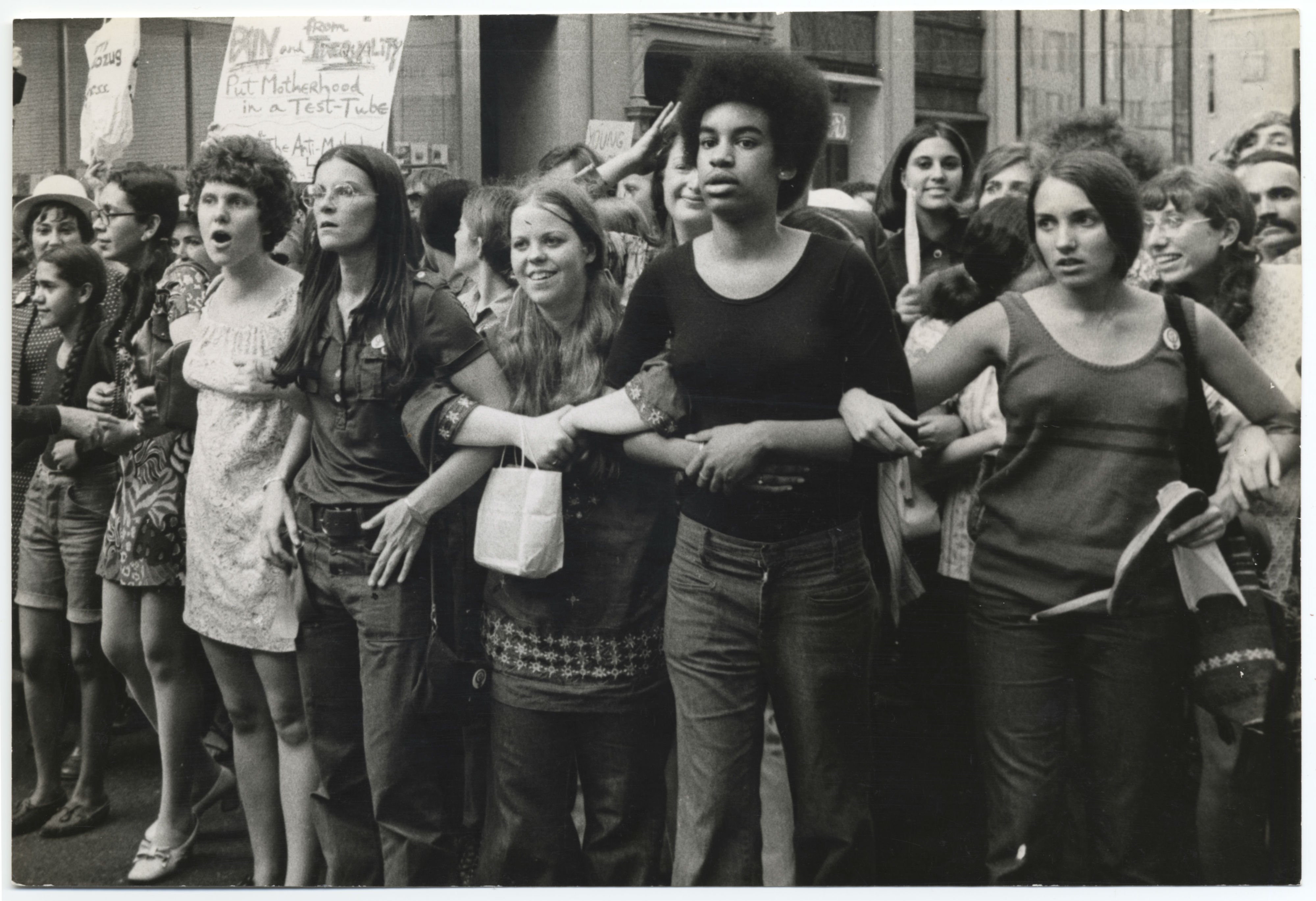
‘She’s Beautiful When She’s Angry’ Reveals the Radical Ordinary Women of 1960s Feminism ‘She’s Beautiful When She’s Angry’ Reveals the Radical Ordinary Women of 1960s Feminism
The film shies away from the big names and big institutions and offers a history of women’s rights organizing from the ground up.
Jan 16, 2015 / Dani McClain
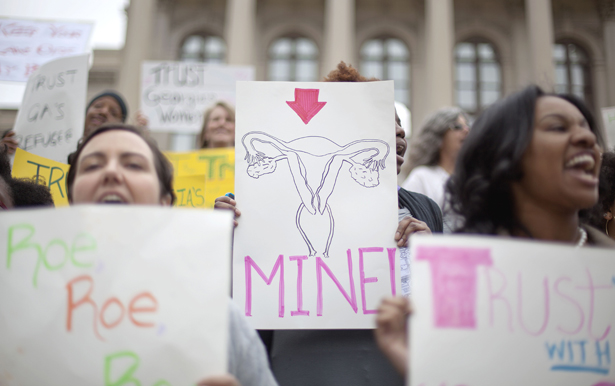
Congressional Republicans Want to Ban Abortion, but There’s Still Hope for Women’s Health Congressional Republicans Want to Ban Abortion, but There’s Still Hope for Women’s Health
A new report points to states for the way forward.
Jan 9, 2015 / Dani McClain
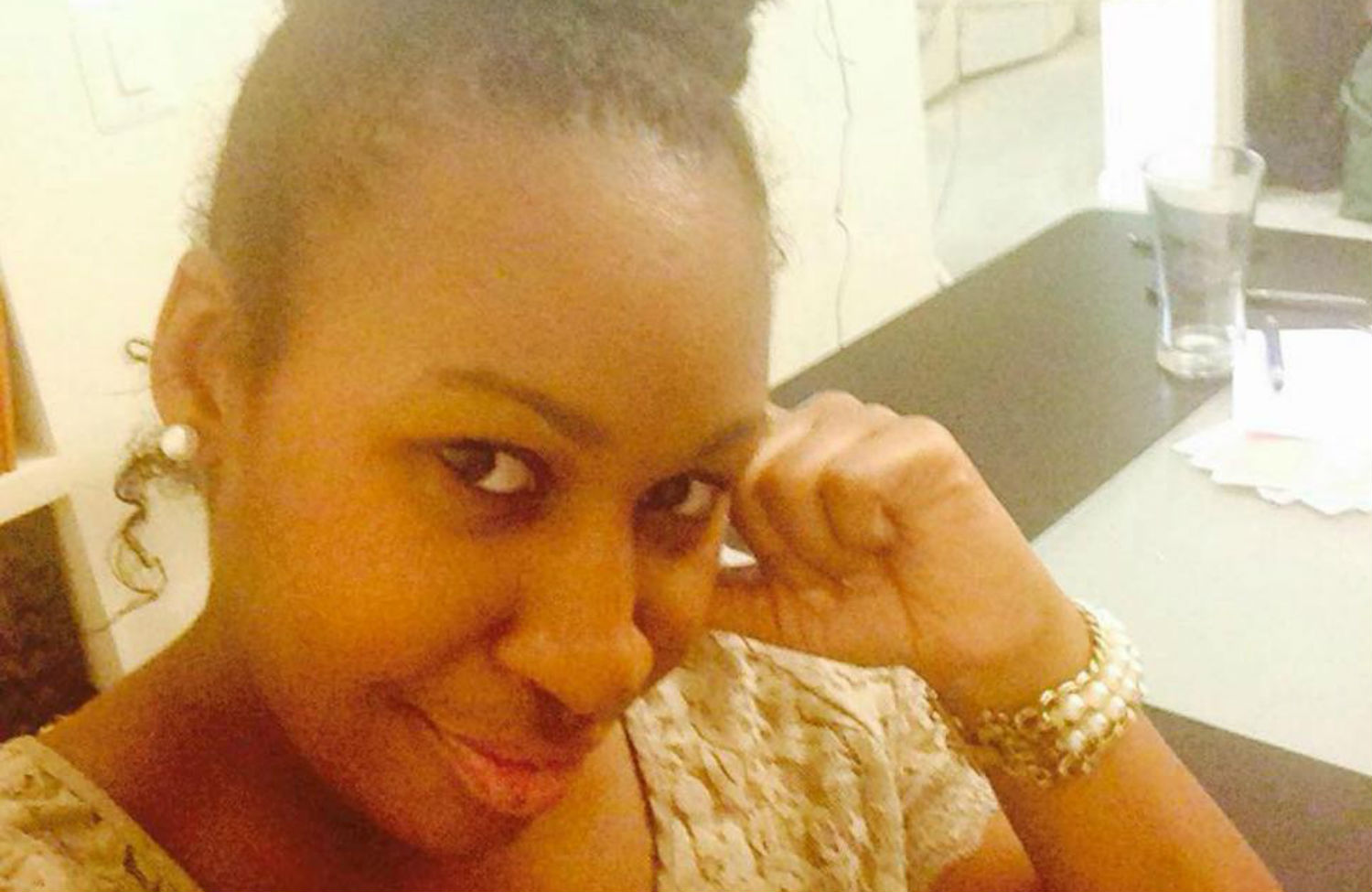
Why Is No One Talking About the NYPD Shooter’s Other Target? Why Is No One Talking About the NYPD Shooter’s Other Target?
Before Ismaaiyl Brinsley killed two police officers, he shot Shaneka Thompson. That matters more than law enforcement’s blame game.
Dec 23, 2014 / Dani McClain
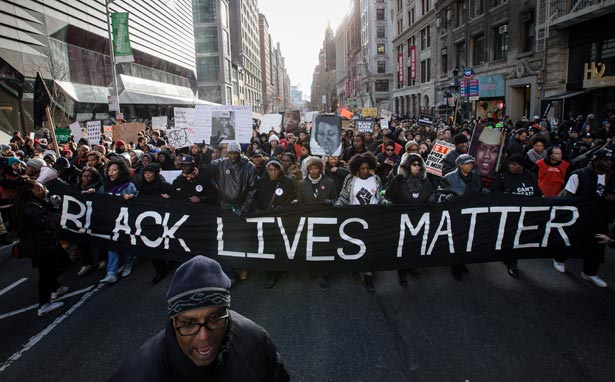
Why #BlackLivesMatter Actions Aren’t Stopping Why #BlackLivesMatter Actions Aren’t Stopping
Policy experts and activists explain what’s keeping people in the streets and what the movement should consider next.
Dec 16, 2014 / Dani McClain

